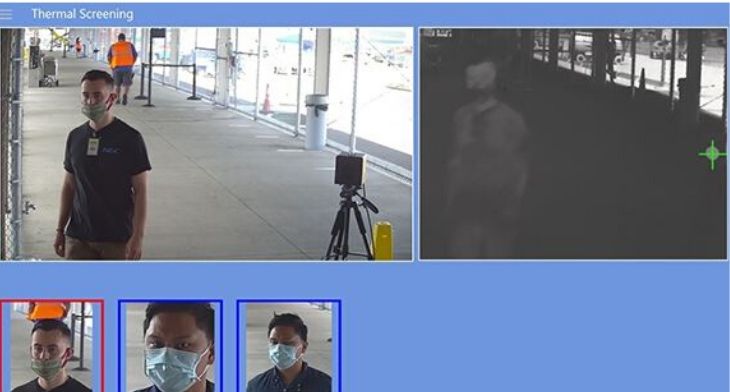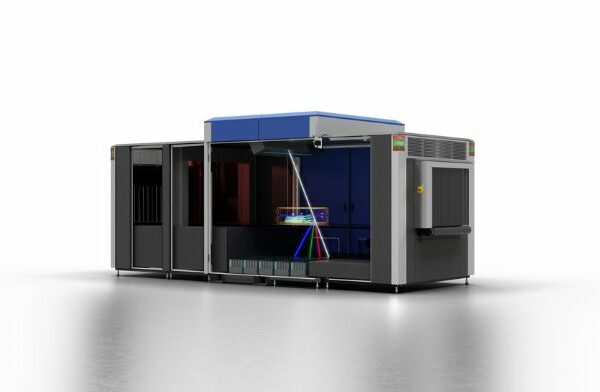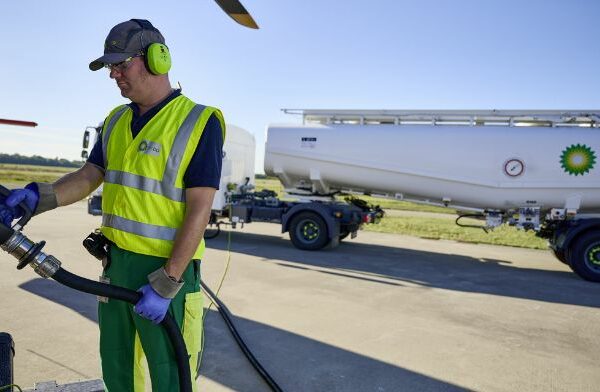


The Hawaii Department of Transportation (HDOT) has selected NEC Corporation, and their partner, Infrared Cameras Inc., to provide thermal temperature screening and facial imaging technology across its airport network. The companies combined resources to submit a unified proposal for the project.
“Taking these steps to implement the technology at our airports shows our commitment to providing preventative measures against COVID-19 for the community,” said Gov. David Ige. “We recognise that temperature screening won’t catch every infected passenger, but it is an available tool that can be implemented and combined with the additional measures the State is providing to help prevent the spread of this virus, while helping rebuild the economy.”
The thermal temperature screening equipment will be installed immediately at the Daniel K. Inouye International Airport (HNL), Kahului Airport (OGG), Lihue Airport (LIH), Ellison Onizuka Kona International Airport at Keahole (KOA) and Hilo International Airport (ITO). Phase 1 will have the temperature scanners installed this month at the gates currently being used for arriving trans-Pacific flights.
Phase 2 will have the temperature scanners installed at the remaining gates in the coming weeks.
Phase 3 expects to have the facial imaging equipment installed by December 31, 2020.
Costs involved
NEC and Infrared Cameras were selected by HDOT in part because of their innovative concept and functionality to deliver accurate and efficient thermal temperature screening for people traveling to Hawaii. Their proposal comprises a $23.3 million investment in equipment and installation and a 10-year maintenance plan of $1.42 million annually for a total contract amount of $37.5 million.
“We are honoured to become a part of this significant project for Hawaii towards the revival of tourism and businesses in the state,” said Toshifumi Yoshizaki, Senior Vice President, NEC Corporation. “We believe NEC’s technology will help to ensure the safety and health of visitors and residents of Hawaii against COVID-19, and our team will make every effort to ensure the success of this public and private joint project together with all of the partner companies.”
“Team NEC’s approach is predicated on enhancing existing processes and services rather than introducing a bottleneck or negative impact to processing speed,” said Raffie Beroukhim, Chief Experience Officer for NEC Corporation of America. “We look forward to working with the State of Hawaii to further automate and enhance the travelers’ experiences with our high throughput, multi-person thermal screening solution.”
Privacy concerns
To allay privacy concerns over the use of facial recognition technology and data protection NEC underlines that the system will only temporarily retain a picture of a person with an elevated temperature of 100.4 degrees. This will help airport representatives identify the respective passenger and conduct additional assessments to determine if health precautions are necessary. The picture will be erased within 30 minutes and will not be shared with any outside agencies. Anyone with a temperature below 100.4 degrees will not have their image retained at all.
The system will not have a person’s personal information, such as their name, address or driver license number. It will not contain information about criminal history or outstanding warrants.
According to NEC, the use of the thermal image capture technology is anticipated to be safer and more cost effective than manual temperature checks. Without the use of facial imaging technology, an employee would need to be next to each camera at all times to pull a person aside as they walk by the camera, creating bottlenecks and further exposing employees to travelers and, thus, possible COVID-19 infection.





